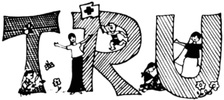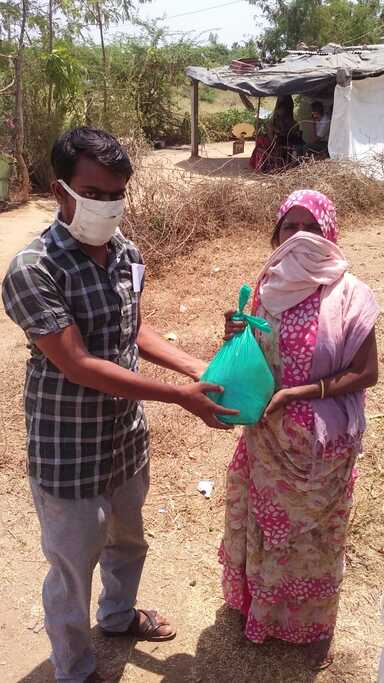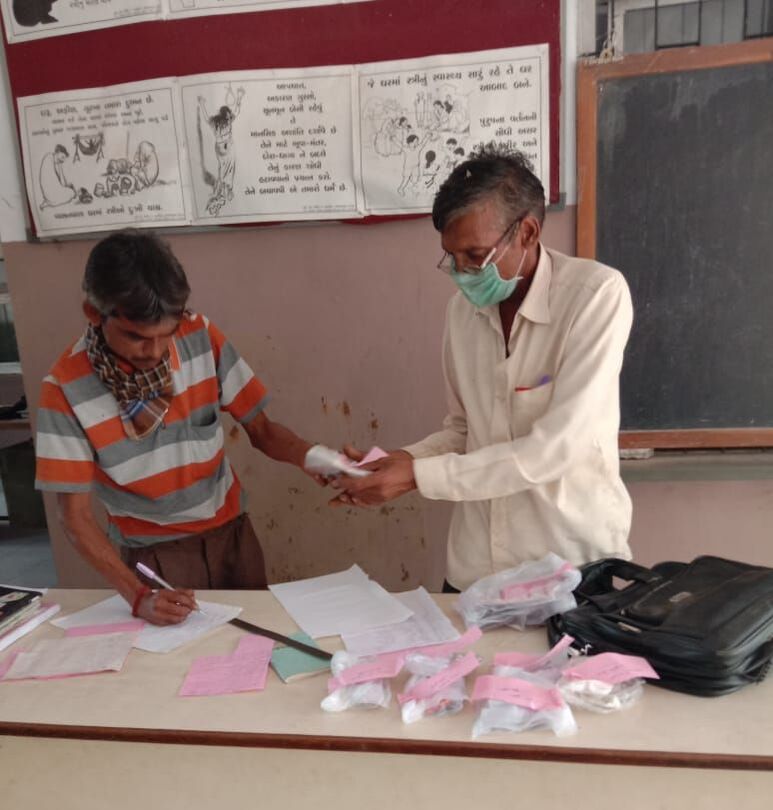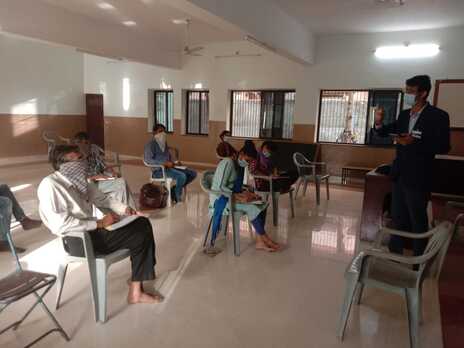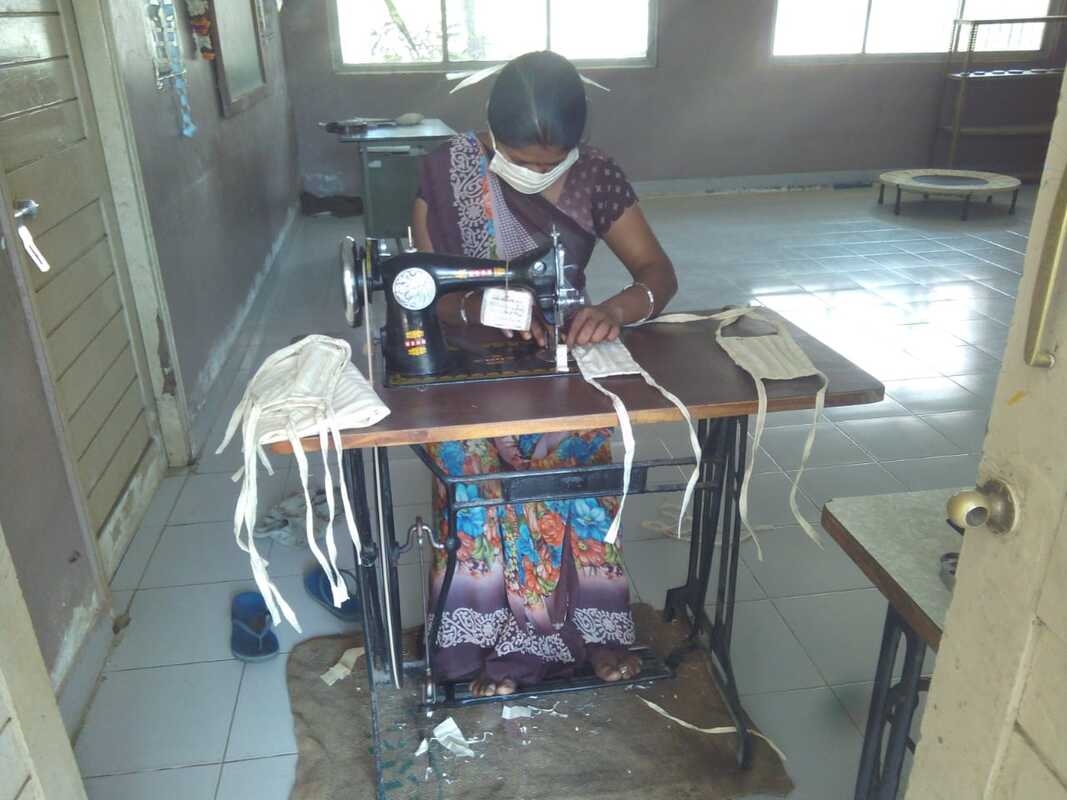Since the beginning of 2020 the world has witnessed an unprecedented pandemic of COVID – 19, a disease by a novel corona virus. To contain the spread of the virus within the country on the 25th of March the govt of India declared a 3-week nationwide lockdown and ordered the closure of non-essential businesses and services. Between the pandemic and the lockdown, numerous communities at margins of our society have faced significant hardship and deprivation. Over the course of the intervening month since the lockdown was declared we at TRU have refocused our community activities towards providing immediate relief to those affected by the pandemic and lockdown.
We have organized our relief efforts in to the following four main areas due to the tireless efforts of our brave health workers working at the grassroots.
We have organized our relief efforts in to the following four main areas due to the tireless efforts of our brave health workers working at the grassroots.
Distribution of immediate relief
|
Daily wage workers and the rural poor communities are among the groups most affected by the national lockdown. With their source of already meager income drying up, these groups of people started running out of food rapidly. In consultation with our team members we identified 5 groups in need of immediate assistance:
|
Delivering primary health care
Raising awareness about COVID-19
Preparation of masks
|
As part of our education initiatives TRU operates a residential hostel in Shivrajpur for girls who attend the local high school. The hostel provides the young girls a safe, secluded and stimulating environment to focus on their basic education and to learn essential life skills. Since the lockdown began, the girl students in the hostel have been sent back to their homes in their native villages. Motivated by the critical shortage of personal protective equipment (PPE)in the region the warden of the hostel in Shivrajpur decided to address this problem by volunteering to sew face-masks. In the last two weeks Geetaben has prepared over 200 face masks from readily available cotton cloth. We have since distributed these masks to TRU staff and to patients who attend our clinics.
|
